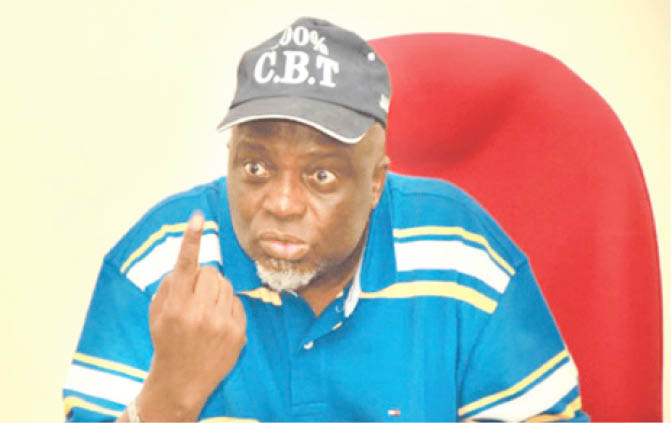Scholars urged to shape AI content with Islamic principles, human rights
The Registrar of the Joint Admission and Matriculation Board (JAMB), Prof. Is-haq Oloyede, has challenged scholars, especially those in Islamic and legal fields, to actively contribute content to artificial intelligence (AI) systems to ensure that the information aligns with Islamic principles and fundamental human rights. Oloyede stated this while delivering a lecture at the University […]

Professor Is-haq Olarewaju Oloyede
The Registrar of the Joint Admission and Matriculation Board (JAMB), Prof. Is-haq Oloyede, has challenged scholars, especially those in Islamic and legal fields, to actively contribute content to artificial intelligence (AI) systems to ensure that the information aligns with Islamic principles and fundamental human rights.
Oloyede stated this while delivering a lecture at the University of Ilorin, Kwara State, titled ‘Artificial Intelligence and the Future of Humanities’, on Wednesday.
He noted that AI, though promising, should be handled carefully, particularly by academics who may not fully understand its intricacies.
“AI has come to stay, but humanity must maintain control to prevent it from leading us astray,” Oloyede said.
- Hardship: It’s time to review your policies, PDP BoT tells Tinubu
- Plus Wallet Redefines Crypto Management with its Fast Listings & Rewards System While WallitIQ & Token Unlocks Shake Up The Market
He added that AI in fields such as Islamic studies and law must be developed with sensitivity to ethical and cultural contexts to avoid conflicts with established doctrines.
Oloyede also advised African nations to be cautious about their dependence on foreign-developed AI technologies.
He emphasised the need for African countries to invest in developing their own AI capabilities, warning that reliance on external technologies could leave African nations vulnerable to exploitation and hinder their participation in future technological advancements.
He stressed that by becoming active players in AI’s global development, Africa can ensure it is not sidelined or manipulated by external powers.
He called on African organisations, including the African Telecommunication Unions (ATU), African Union (AU), Economic Community of West African States (ECOWAS), and Smart Africa, to take the lead in creating AI strategies tailored to the continent’s specific needs.
He stressed that these bodies should develop policies to ensure the ethical use of AI in various sectors such as healthcare, education, agriculture and governance.
Collaboration among African nations on AI research and data sharing, he argued, is essential in reducing the risk of over-reliance on foreign AI technologies.
